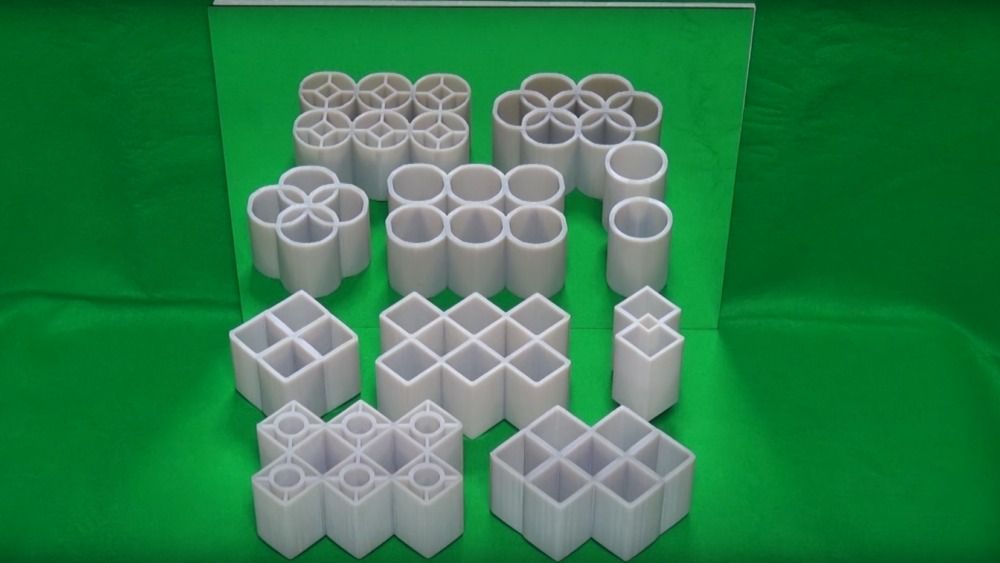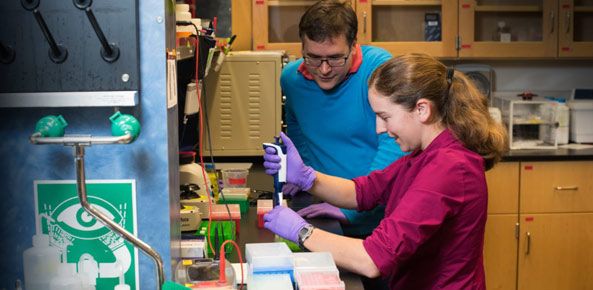The warning from QuintessenceLabs’ CTO John Leisoboer is stark. “When sufficiently powerful quantum computers become generally available,” he says, “it’s guaranteed to break all existing cryptographic systems that we know of.”
In other words, he adds, “Everything that we’re doing today will be broken.”
It’s a sentiment echoed by Google’s Chrome security software engineer Matt Braithwaite who wrote in a blog post earlier this month that “a hypothetical, future quantum computer would be able to retrospectively decrypt any internet communication that was recorded today”.







